HOW DO I KNOW IF FASHION DESIGN IS THE RIGHT CAREER FIT FOR ME?
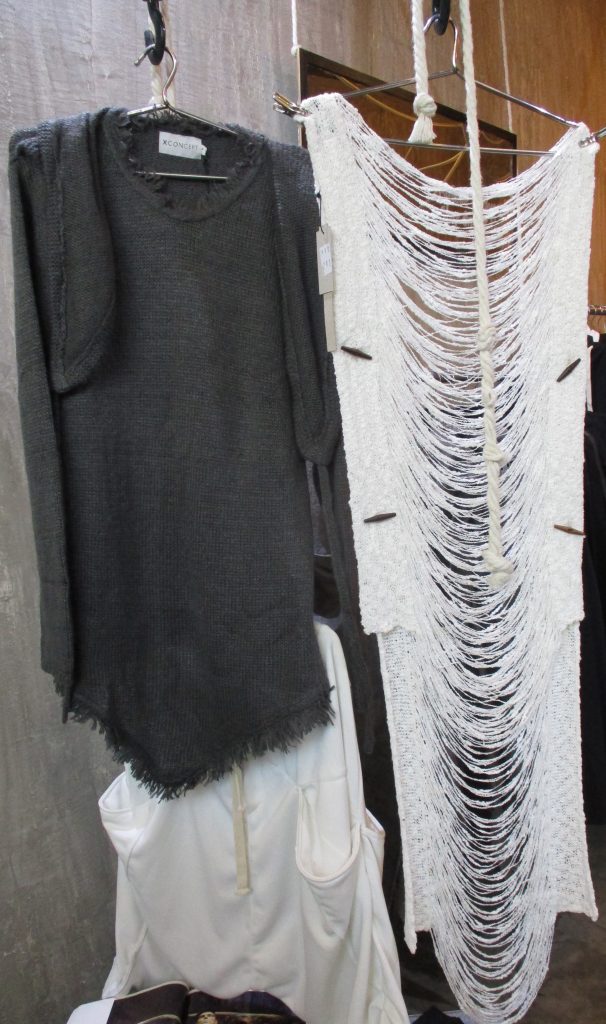
There are many obvious clues and questions you should ask yourself when considering whether fashion design is the right career choice for you, such as the following:
Do you love to make clothes for yourself and others?
Do you love to sew and work with commercial patterns?
Do you like to alter garments for yourself and others?
Do you have cool ideas in your head that you always want to transform into reality?
Do you love to work with textures and colours?
Do you like to visualize design in your mind?
Do you like to incorporate details in your clothing?
Do you like to mix and match clothing pieces in your closet?
Do you like to do fittings for others?
Do you like being your own boss and make your own executive decisions?
If your answers are yes to all of the above questions, you clearly have a huge passion for fashion design; however, before you jump onto the fashion bandwagon, you must do and be aware of a few things…
CAPITAL INVESTMENT IS EXTREMELY IMPORTANT IN YOUR EARLY FASHION CAREER PREPARATION
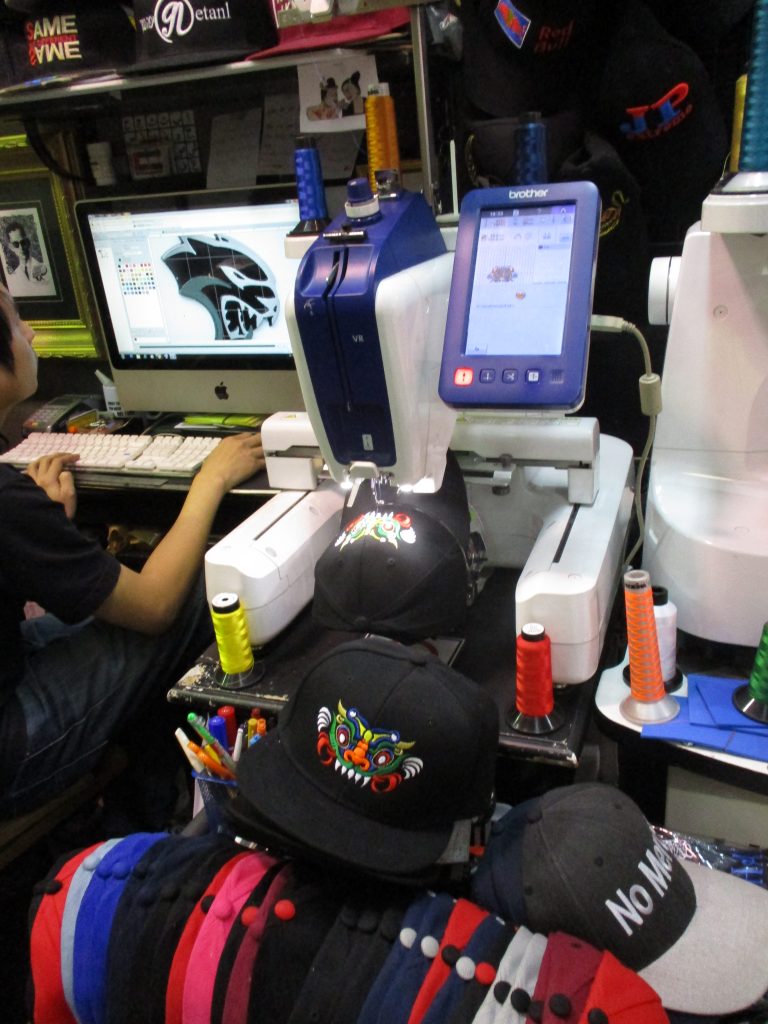
Vancouver Sewing Classes (VSC) believes success is a combination of having the right capital investment and having the right technical skills training early in your fashion career, to ensure your path to success, as well as unlimited potential earning.
If you want to be successful in the fashion industry, you definitely need sufficient initial capital investment and equity. Fashion universities, colleges and schools actually hinder your success in this area because they take all of your money in tuition fees. Once you graduate, your fashion school will turn its back on you, and you will have no money left to start your own business or fashion line. So, if you want to get a head start on your fashion career/business and become the best in your field, get yourself enrolled at VSC because VSC firmly believes in investing in the best professional tools and machinery to help our clients succeed. Currently, VSC is the ONLY fashion design studio in the world that is offering monthly FREE professional sewing machines, dress forms, professional sewing tools and drafting tools for our clients to own. There are NO SCHOOLS (Public or Private) that are offering these awesome FREE bonus gifts to assist their students become successful when they leave school. In fact, many schools only have Plan A, which is to get you to incur and be dependent on huge student loans that will take you years to pay off. They will not teach you enough of the essential technical skills that will help you gain employment in the fashion industry…
THE BAD AND UGLY TRUTH THAT FASHION DESIGN INSTITUTIONS DO NOT WANT YOU TO KNOW
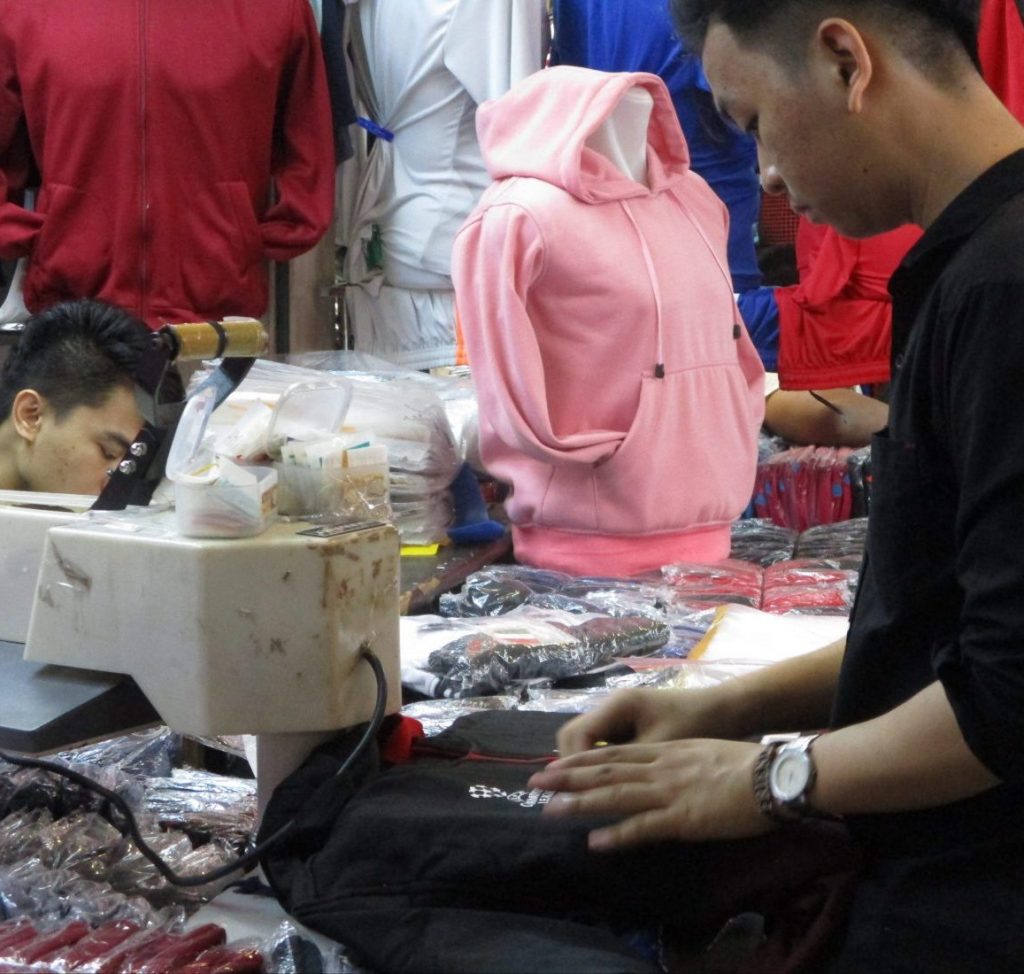
Vancouver Sewing Classes (VSC) believes success is a combination of having the right capital investment and having the right technical skills training early in your fashion career, to ensure your path to success, as well as unlimited potential earning.
If you want to be successful in the fashion industry, you definitely need sufficient initial capital investment and equity. Fashion universities, colleges and schools actually hinder your success in this area because they take all of your money in tuition fees. Once you graduate, your fashion school will turn its back on you, and you will have no money left to start your own business or fashion line. So, if you want to get a head start on your fashion career/business and become the best in your field, get yourself enrolled at VSC because VSC firmly believes in investing in the best professional tools and machinery to help our clients succeed. Currently, VSC is the ONLY fashion design studio in the world that is offering monthly FREE professional sewing machines, dress forms, professional sewing tools and drafting tools for our clients to own. There are NO SCHOOLS (Public or Private) that are offering these awesome FREE bonus gifts to assist their students become successful when they leave school. In fact, many schools only have Plan A, which is to get you to incur and be dependent on huge student loans that will take you years to pay off. They will not teach you enough of the essential technical skills that will help you gain employment in the fashion industry…
EVERY INDUSTRY SECTOR IN THE 21ST CENTURY IS COMPETITIVE, NOT JUST THE FASHION INDUSTRY
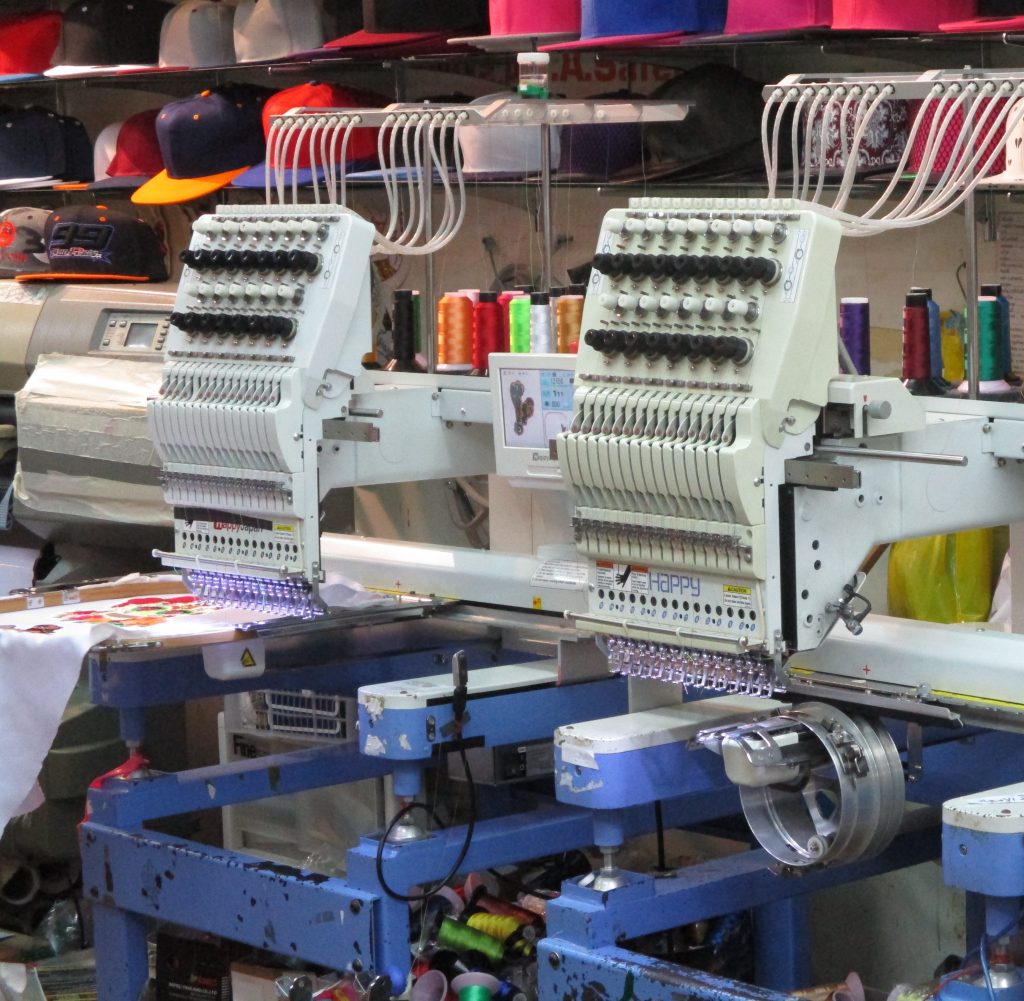
As a fashion instructor and a designer, I have been hearing people tell me, all the time, for the last three decades of my career, “the fashion industry is so competitive”, and it is. However, the one thing that everyone always seems to forget is that every industry in this world is competitive, NOT just fashion, such as real estate, internet, technology, banking, medical, food, farming, pharmaceutical, restaurant, travel, hotel, and so on. Many people seem to forget that life is about making tough choices and it has always been about survival. No matter what career choice you make or business you start, you are guaranteed to face stiff competition from all sides. Today, no industry is perfect or easy to get into. People need to change their way of thinking and their attitude, if they want to survive on this planet. Fashion is no different from any other industry; you always need to be resilient and be adaptable to whatever changes may occur in your lifetime. People are afraid of competition because they are afraid of failure, and perhaps because they cannot handle the pressure. Speaking from my own personal experience, I have always liked the competitive nature of the fashion industry because it keeps me sharp and creative. I have been competing in the fashion industry for my entire three decades-long career, and I am still here. Competition is not for everyone, but, if you thrive under pressure and you are well prepared for any challenge, you are bound to succeed, and, when you succeed, that is how you know that you are one of the best. As a human being, you have to evolve and accept competition, in order to survive and be successful in your chosen field…
HAVING THOSE EXTRA FUNDS SET ASIDE IN YOUR BANK ACCOUNT CAN HELP YOU BECOME A SUCCESSFUL FASHION ENTREPRENEUR
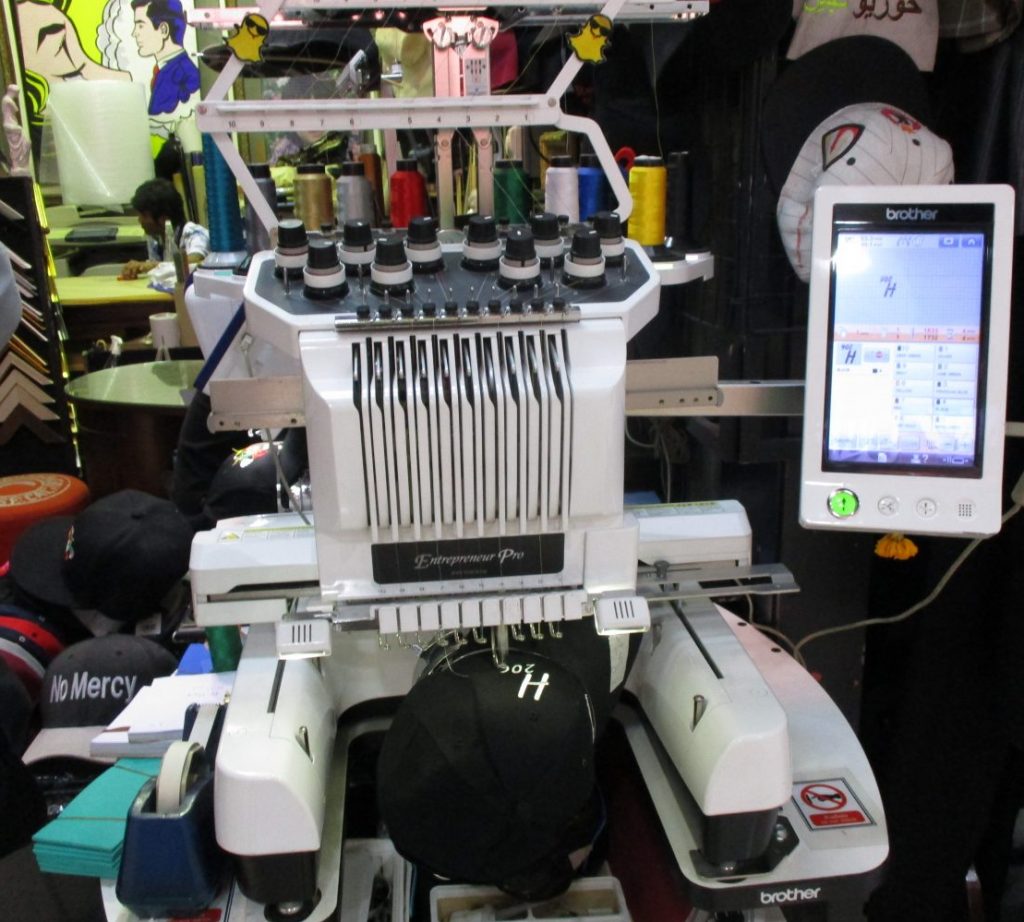
HAVING THOSE EXTRA FUNDS SET ASIDE IN YOUR BANK ACCOUNT CAN HELP YOU BECOME A SUCCESSFUL FASHION ENTREPRENEUR
Many of the Forbes Millionaires and Billionaires are entrepreneurs, which is the fastest way of getting rich. In order to become wealthy, do not invest all of your money in education! This is the biggest mistake that most fashion graduates make. You should always set aside as many funds as possible in your bank account for your future needs. As you probably know already, no fashion school will guarantee you employment upon your graduation. Many graduates assume that, when they graduate from their fashion design program, somebody will hand them a well-paying job on a silver platter. In reality, that will never happen, and, in fact, many fashion institutions will tell you, initially, that they provide everyone who enrolls in their fashion design program with a lifetime job placement; unfortunately, that is a lie. The truth is that no fashion institution has any real connection to the garment manufacturing industry in North America or in Southeast Asia. In fact, many garment factories around the world have never even heard of the fashion institution from which you graduated! The real irony here is that the majority of fashion instructors do not speak any Southeast Asian language, such as Indonesian, Thai, Vietnamese, Laotian, Cambodian, Cantonese, Mandarin, etc., so how could they possibly help you get a job or assist you in setting up your business, when they do not speak any of those languages?
SHOULD I HAVE MY FASHION SAMPLING PIECES MADE IN NORTH AMERICA OR IN SOUTHEAST ASIA?
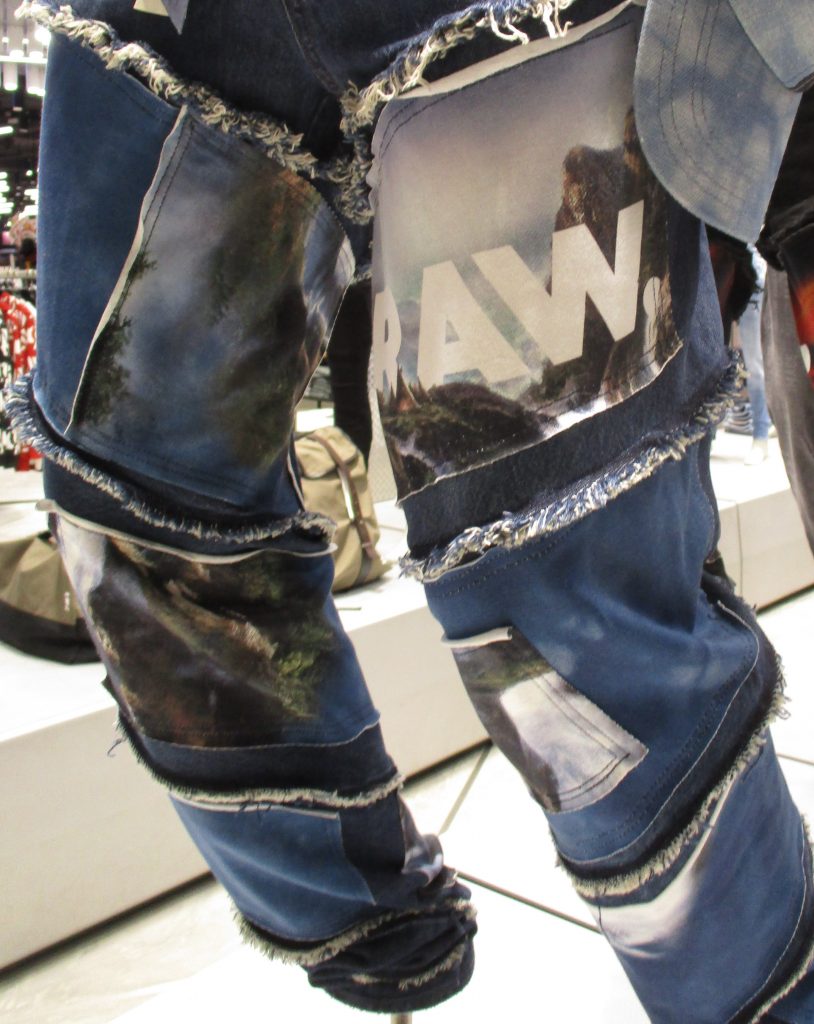
Many designers ask me whether they should have their fashion samples made in North America or in Southeast Asia. There are plenty of Pros and Cons, when it comes to having your samples made in North America or Southeast Asia, and here they are…
North America (Canada/USA)
It may seem convenient to have your samples made in your own backyard or home country, but the cost of labour is astronomical. If you are the kind person who likes to have your hands-on everything during the entire sampling stage, perhaps having it made locally is really the best way to go because, this way, you have more control over how things are put together. You can select, choose and make your own decisions, without all the hassle of e-mailing and couriering things back and back forth, which, in turn, will save you plenty of time. However, anyone who has had samples made in Canada or the United States will tell you that the sampling will take much longer, due to a shortage of human resources. Many garment factories in North America are small; they do not have many employees because the labour costs are very high and most owners do not have the budget to hire additional skilled workers. Far too often, these garment factories take on more work than they can handle, which, in turn, causes delay and more delay, since your sample pieces will not be their highest priority…
A FASHION DESIGN BACHELOR DEGREE IS JUST A CREDENTIAL ON PAPER

A Fashion Design degree today is just another credential that goes on your resume so you can boast to all your friends, family and peers. However, in the fashion industry, most employers do not really care whether you have a degree or a diploma, and I will tell you why. The majority of employers are only interested in skilled workers, such as pattern makers, sewers, cutters, graders, spreaders, plotters, etc. Over the years, I have met hundreds of garment manufacturers, owners, executive directors, buyers, and production supervisors in Southeast Asia and North America, and they all seem to agree on one thing: they would rather hire a skilled and experienced worker over someone who has a fashion degree, any day. Your fashion degree credentials may look great on a piece of paper, but, at the end of the day, employers will still want to test your technical skills and experience, on the spot with no preparation or advance notice, to see how well you handle pressure and stress. Their reasoning is quite simple. They prefer to work with someone who has real technical skills and experience because they do not want to invest a lot of time and money to train a new worker, nor do they want you to make mistakes at their expense, either. Furthermore, many of the garment factory owners already know that their employees are not loyal to the company they work for, and they know that their workers could ‘jump ship’ at any time, if another employer offers them a higher compensation package and bonuses…
FASHION DESIGN SCHOOLS ARE COMPLETELY OUT OF TOUCH WITH REALITY
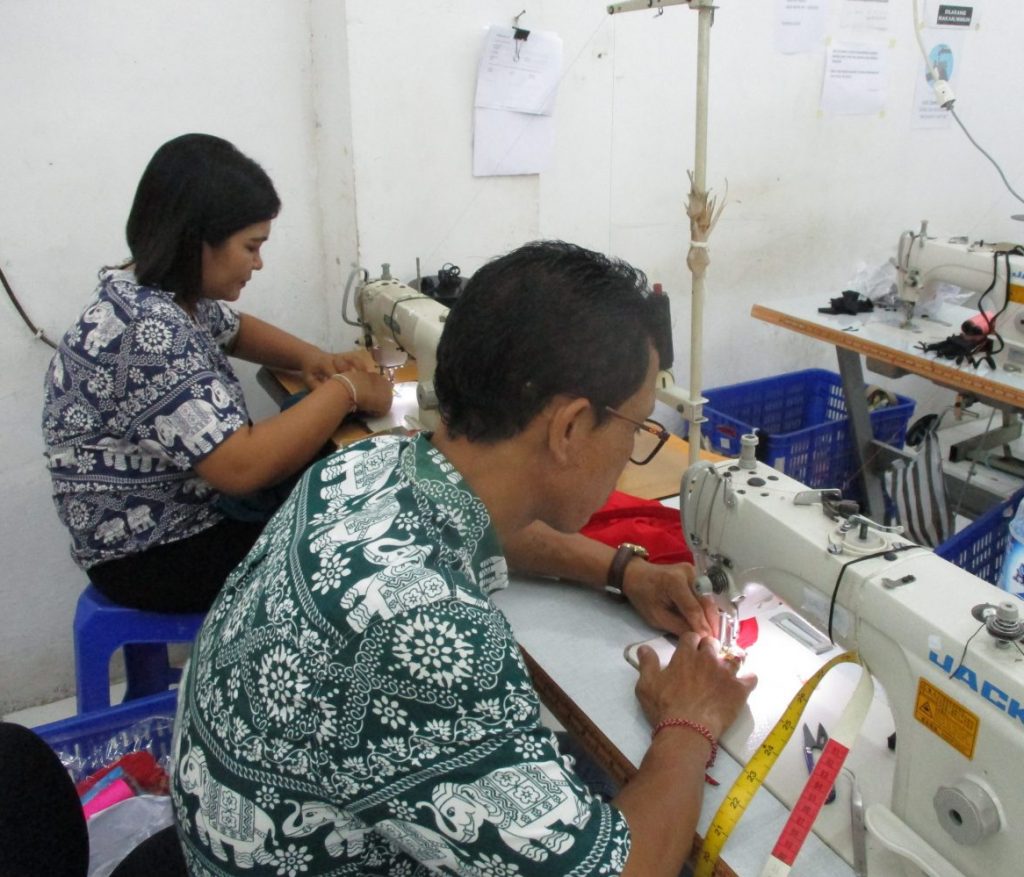
What current fashion graduates learn today from their fashion institution is very different from reality. Many people have asked me, “What does a designer actually do in their day-to-day work?” My answer is always, “We draft, grade pattern or French drape and then we cut and sew.” In fact, the majority of designers spend 95% of their time just doing those things. We have clients waiting for us to fit or deliver their garments; we do not waste time illustrating, reading, writing, weaving, dyeing, etc.
Surprisingly, many fashion design schools’ standard of teaching falls far below the international fashion industry standard and practice, which is why there is a huge abundance of their fashion graduates unable to gain employment. The schools’ curriculum focuses far too much on arts, theories, history, and impractical ideas that do not reflect the reality of how the whole body of the fashion industry operates. Even if you recently graduated from a prestigious fashion design institution, to be very blunt, in Southeast Asia or in Europe, nobody knows and nobody cares. Most people there likely have never heard of your school because they have never visited or worked in your city/country. Therefore, how would these potential employers know about your fashion school if they have never been to your city/country or met a graduate from there?
A CAREER IN FASHION DESIGN PROVIDES MANY GREAT BENEFITS AND OPPORTUNITIES
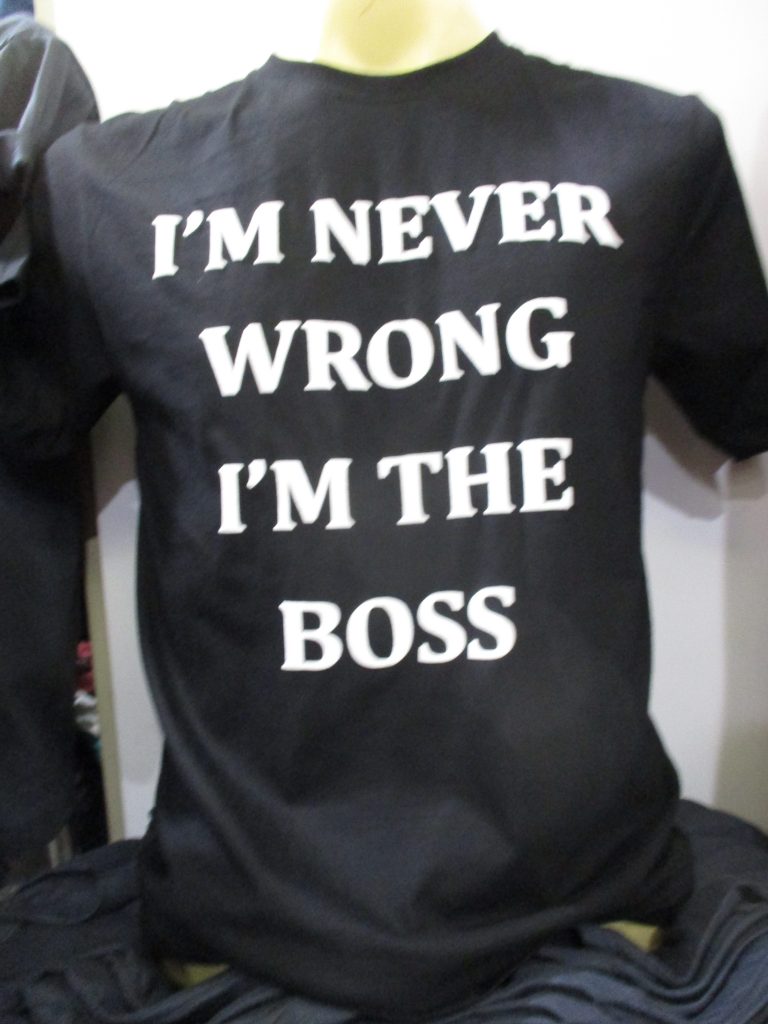
In my late teenage years, I often asked myself, “Why am I working so hard for my annoying and demanding boss, especially an employer who doesn’t even pay me enough for my talents and skills? Furthermore, why am I working so hard to make my boss richer, while my paycheck remains the same?” As I got older and gained more life and work experience, I realized having my own business and becoming a fashion entrepreneur was the only way for me to get rich and control my own destiny. I did not want to be somebody else’s slave for the rest of my life.
I got into the fashion industry at a very young age (15). I finished my fashion training when I was just 17, and, by the time I turned 19, I already had started my own business. Now that I am much older and wiser, I have had time to reflect on my disappointments and my successes. One of the biggest disappointments in my career was all of the time that I wasted attending a very expensive private fashion design school located in Toronto, Ontario. According to my accountant’s calculation, what I spent, decades ago, on my tuition fees back in the old days would be equivalent to $60,000 today, for a two-year fashion design program. Upon graduation, I inherited a huge amount of student loan debt that took me years to pay off. I was a young, naive and gullible kid at the time, and, just like so many other victims, I did not do my research or ask any crucial questions ahead of time. My fashion school snared me in its web of lies and deceit. It took many years for me to realize that my own school had swindled me. As I started my job search after graduation, I discovered that my fashion school did not provide me with enough training to qualify for any of the jobs for which I applied…